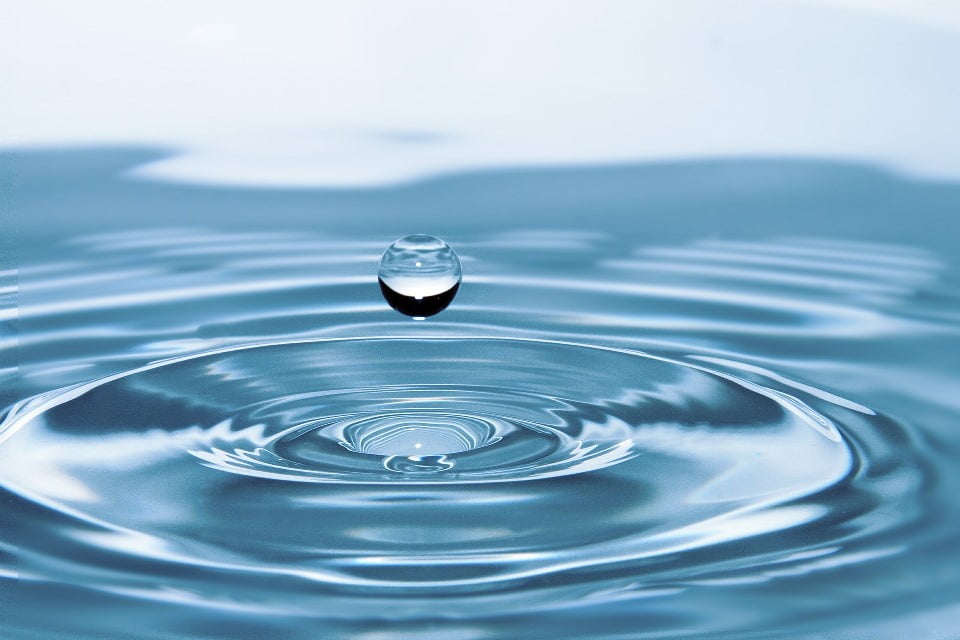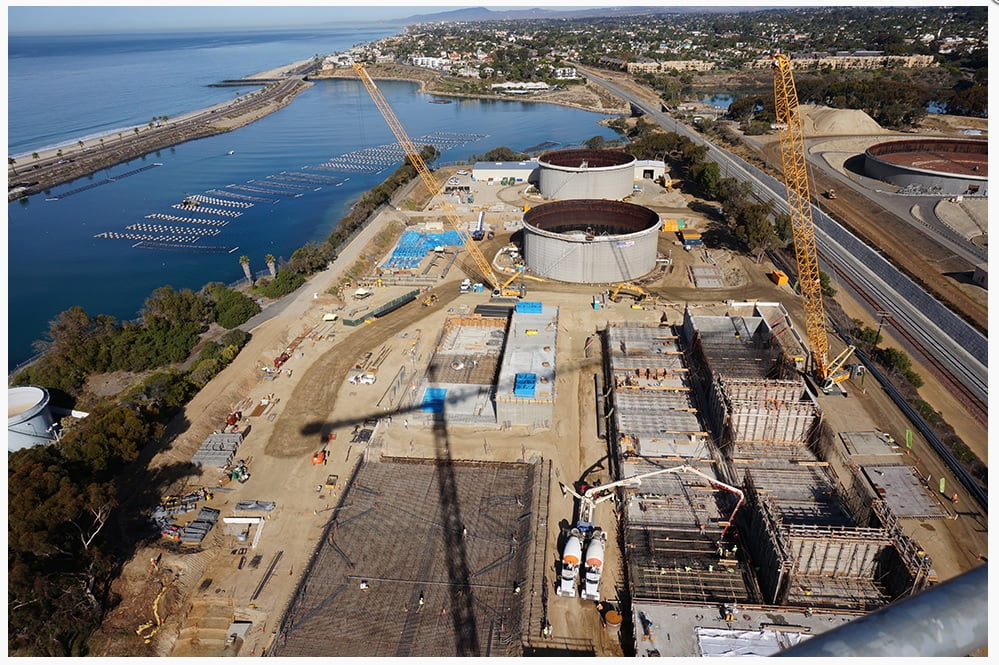California’s severe drought has prompted its leaders to build large-scale seawater desalination plants, like the one built in Carlsbad with the aid of Israeli experts and engineers. But a new study suggests that saline groundwater could actually be better for desalinization through reverse osmosis (which is used in Carlsbad), a process that involves forcing seawater through a film with tiny holes that allow only water molecules to pass through, while the larger salt molecules cannot.
SEE ALSO: In Face Of Global Shortage, World Leaders Praise Israel’s Water Technologies At WATEC Conference
Researchers at Israel’s Ben-Gurion University of the Negev (BGU) suggest that saline groundwater from coastal aquifers is a better water source than seawater for reverse osmosis desalination, mainly thanks to reduced treatment costs.
The study, which was recently published in the scientific journal Environmental Science & Technology, was conducted by BGU researchers, along with experts from the Israel Geological Survey and the National Institute of Oceanography.
The pros and cons of desalting seawater
Half a decade of of devastating droughts in California has pushed cities and counties in the Golden State to seriously consider turning to the one drinking source that is not depleting anytime soon – seawater. With the Pacific Ocean abutting their shores, water desalination may be the much-needed solution for Californians. But desalination has its disadvantages, the chief one being its high cost. Critics of the reverse-osmosis technology have also claimed that it requires too much energy, which also makes it environmentally damaging.
“Decision makers in both California and Israel can use this research to seriously consider saline groundwater as a realistic alternative when planning future large-scale seawater desalination facilities,” BGU’s Dr. Roni Kasher said in a statement. “In Israel, seawater desalination accounts for 60 percent of the total freshwater supply, so these findings are significant.”
Sign up for our free weekly newsletter
SubscribeSEE ALSO: TaKaDu’s Water-Saving Technology Saves Australia Millions Of Dollars
Other saline groundwater benefits include consistent water temperatures, as well as lower levels of dissolved oxygen, which decrease the cost of desalination. The reverse osmosis desalination process of seawater requires not only energy but also large plant areas by valuable shorefront property, both of which increase the costs.
“The study showed that aquifer filtration increases the feed water quality and reduces the need for extensive pre-treatment processes,” explains BGU researcher Shaked Stein. “Desalination with saline groundwater as feed water is also more efficient, with higher freshwater recoveries, less chemical use and maintenance, and therefore less overall operational costs.”
Due to seasonal seawater characteristic fluctuations, Stein specifically recommends using saline groundwater in the summertime rather than seawater since the research identified higher membrane fouling in the summer: “Salt rejection decreases in elevated temperatures due to changes in membrane permeability and mass transfer.”
Other researchers involved in this study include BGU’s Dr. Amos Russak, Dr. Orit Sivan, and Dr. Yoram Oren; Dr. Yoseph Yechieli of the Israel Geological Survey; and Dr. Eyal Rahav of the National Institute of Oceanography.
Photos: IDE Technologies
Related posts

Resilient And Nutritious New Plant-Based Milk Aims To Make A Splash

Chocolate From Cultivated Cocoa Comes Without Environmental Toll

Plastic Fantastic: Startup Takes PVC Back To Its Crude Oil Roots






Facebook comments